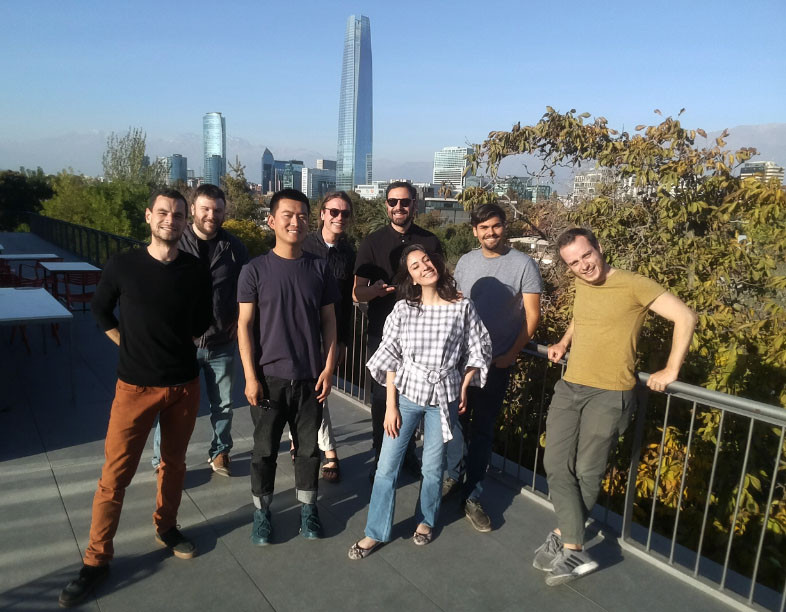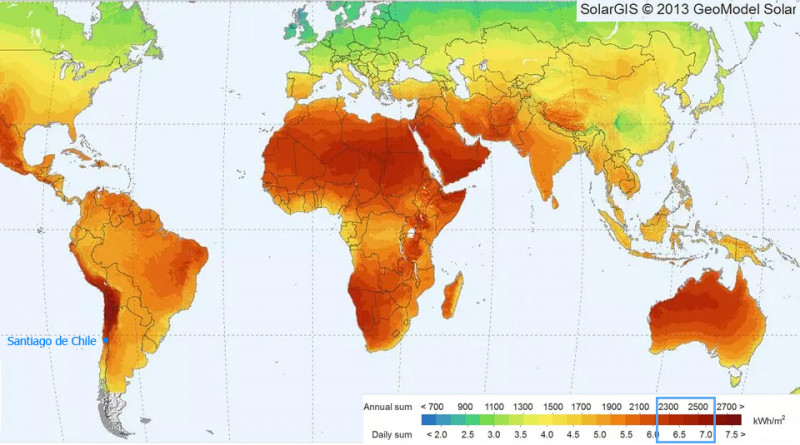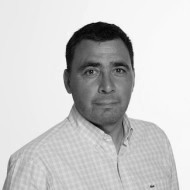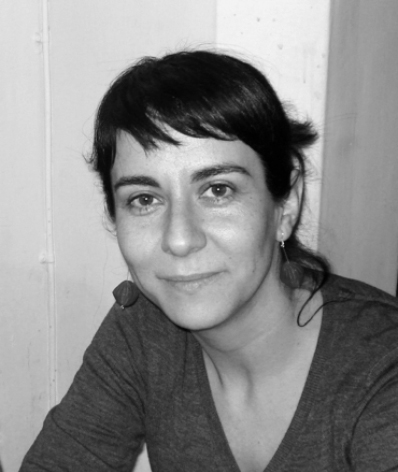
May 2, 2019
Group photo
Marco, Victor, Chen, Matteo, Roberto Cognoli, Linda, Roberto Vargas, David

Jan 10, 2019
- sustainably and technology | Global Solar Energy
Sustainable Urban Cycles
The United Nation Environment Programme and different international agendas for sustainable development have been drawing attention on the huge environmental impact generated by urban growth. As existing cities expand and new ones emerge, material consumption is predicted to grow even faster, presenting a huge challenge in the face of scarce resources and intensifying environmental problems. The challenge is designing cities for people, not cars; allowing everyone access to urban opportunities; investing in resource-efficient buildings, transport, energy, water and waste systems; and enabling cities to experiment and to learn from each other.
This means producing greater economy value and wellbeing with less resources and less waste, alleviating the impacts on the environment and human health. Sustainable urban interventions need to understand which resources are being used, where, by whom, and for what purpose, if we want to connect the increase in resource efficiency to the overall goal of environmentally sustainable and socially just cities.
The workshop will explore the way that the design and construction of an urban intervention can create a more resource-efficient neighborhood. We will look at the international agendas to understand the global urban resource-efficiency problem, to rethink innovative solutions at a local scale. Today, the Matadero-Franklin neighborhood in Santiago, Chile, is going through a rapid transformation that gives an opportunity to examine pressures for change within a resource-efficient path.
Although the sun is probably the main natural resource due to its availability and easy access, in high insolation contexts it can become a “negative” resource. Over-sunning urban zones become uninhabitable areas and overheating buildings end up being hostile. Chile is among the countries with the highest solar radiation in the world and, Santiago specifically has a solar irradiance that can exceed the 1000 w/m2 in the summer, which translates to a resource of an enormous potential if developed properly.
The Matadero-Franklin neighborhood is an example where the logics of urban growth often do not consider the sun as a resource and transforming it into a problem. Transportation corridors that leave the public space as dazzling deserts or residential buildings with windows directly exposed to solar radiation, are some of the most basic situations where the sun becomes a problem of habitability. On the contrary, the city that prevails as preexistence shows a sensibility from which it is possible to learn.
This workshop will focus on finding solutions to problems where the management of solar radiation will be a factor to improve the urban and architectural quality of the city, projecting this option onto twenty-first century technological conditions through design methodologies based on in-situ measurements and laboratory analysis, using, for example, LAPSO-UC (the UC Laboratory of Solar Protections), which will allow us to scientifically evaluate the solar performance of the proposals.





